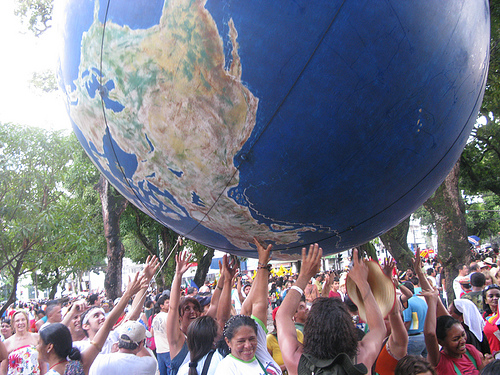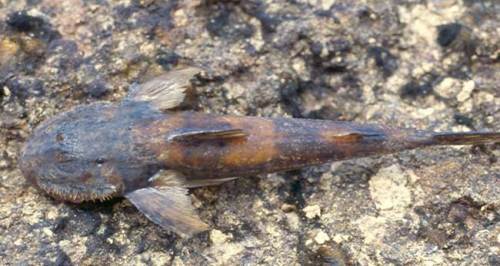
Venezuela is the nation with the 10th-largest amount of biodiversity in the world. Efforts to protect that biodiversity are highlighted in a new study by RAISG, or La Red Amazónica de Información Socioambiental Georreferenciada.
According to the study, Venezuela has the second-highest proportion of its Amazon region protected. The Amazonian basin covers an astounding 3 million square miles in South America, overlapping several different countries and encompassing a population of perhaps 33 million. Venezuela has already protected 71.5% of its share — second only to Ecuador’s 79.7%, and far ahead of Colombia, Brazil, and Peru.
RAISG measured Indigenous territory and other protected lands, which are generally the best conserved. Venezuela has 43 national parks. A respect for nature is enshrined in the constitution of Venezuela under a chapter that guarantees all citizens the right to a safe and healthy environment.
Since the Amazon Rainforest is often called the “lungs” of South America, we can breathe a little easier thanks to Venezuela.
 David Hernández-Palmar, a young Venezuelan man from the Wayuu Indigenous community, will be in New York City this Saturday to help present
David Hernández-Palmar, a young Venezuelan man from the Wayuu Indigenous community, will be in New York City this Saturday to help present 






 The world’s first Census of Marine Life is making a splash, and it is doing so with some help from Venezuela.
The world’s first Census of Marine Life is making a splash, and it is doing so with some help from Venezuela. Miloslavich is quoted in a
Miloslavich is quoted in a 


